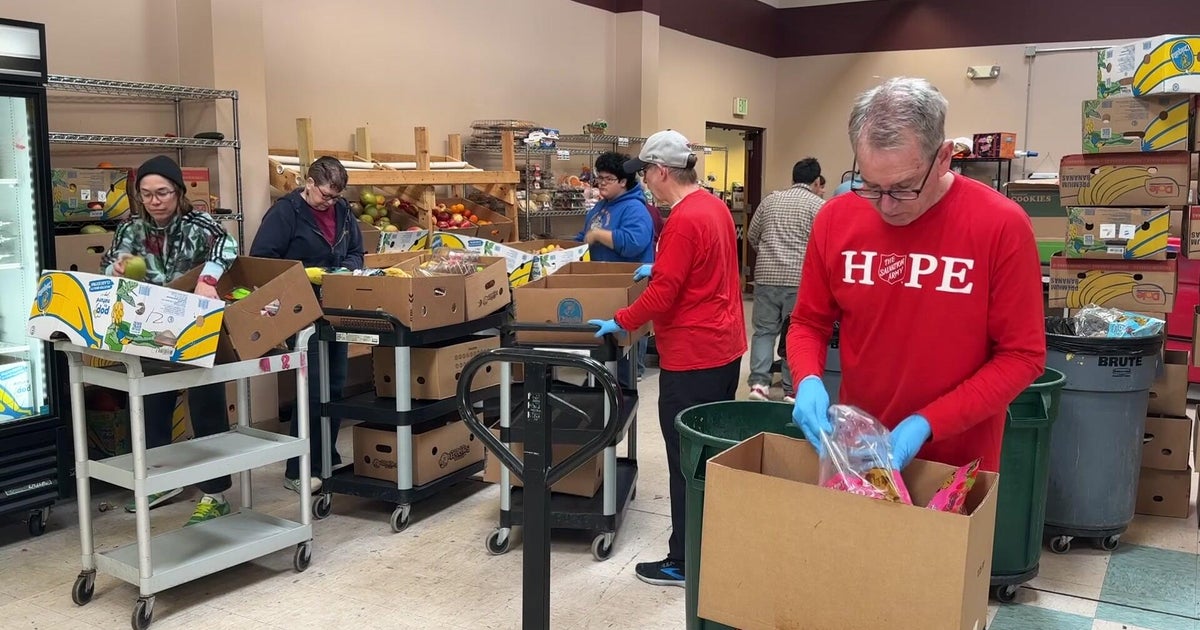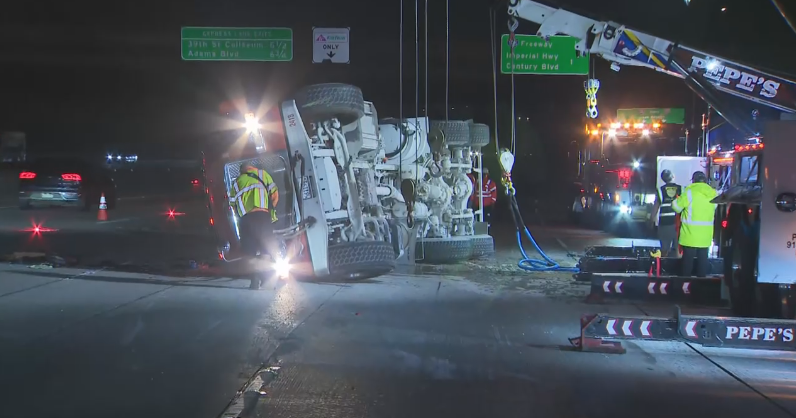The Child Care Crisis: A Community Conversation
Nearly one in ten child care providers closed across Colorado during the pandemic. And the Colorado Children's Campaign says the closures disproportionately impacted low income families and families of color. The Mile High United Way calls them "child care deserts." There is only one slot for every three to four children. On top of that, child care costs increased 40% from 1990-2021. During a Community Conversation on CBS News Colorado we examined the Child Care Crisis in Colorado and what parents can do about it.
State Rep. Kerry Tipper had a personal experience. Rep. Tipper said she became a mom after taking office. She was on several different websites looking for child care and ended up number 1,427 on one waitlist. So she relied on family. They found care in their neighborhood just days before she had to go back to work.
"It was one of the most stressful things I've been through," she says.
She hopes to make a change though. Rep. Tipper created a bill, which passed in June, to help child care providers because of her struggle.
It injects millions into the industry so that the "nanas, cousins and neighbors" can get legitimate training, help rural communities have access to more informal care and assist with operational costs.
LINK: ddp.org
Associate Teacher for Early Childhood Education Liliana Flores Amaro from the University of Colorado Denver says what kids learn in the first five years of their lives is extremely important.
But child care is often looked at as low-skilled and, therefore, not highly valued. She says early childhood education is relatively new, "but, taking care of children is not new. And that is certainly rooted in what is identified as women's work. Women have been tasked to be caregivers, and that has been historically undervalued and underpaid."
LINK: leg.colorado.gov/bills/sb21-236
Elsa Holguin, heads the Denver Preschool Program.
She tells us, "we were in a crisis before the pandemic. We have not been funding child care at the level it needs to be funded."
She says the U.S. is behind other countries in caring for kids. But there are many ways we can move forward.
Holguin says child care workers were essential workers during the pandemic, and that's how parents with young kids were able to continue in the workforce.
She says, "we have to remember: they are not just part of an industry, they are the bones of the industry."







